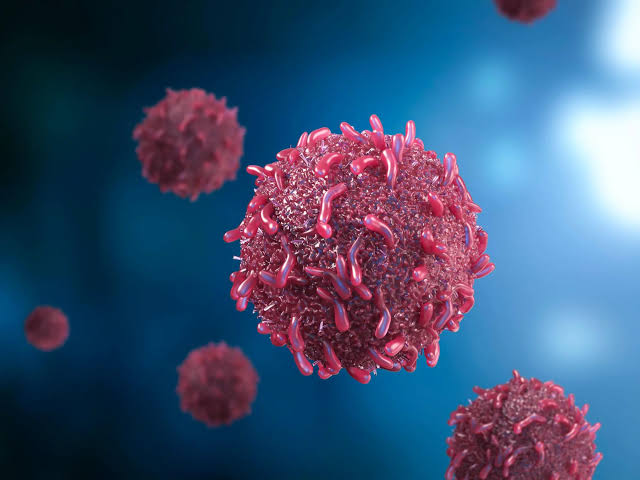
Cancer encompasses a diverse group of diseases characterized by the uncontrolled proliferation and dissemination of abnormal cells within the body. The signs and symptoms of cancer can vary widely depending on factors such as the specific type of cancer, its stage of development, and its location within the body. Nevertheless, there are some shared indicators that may suggest the presence of cancer.

One of the primary and recognizable signs of cancer is unexplained weight loss. Substantial and unintentional reductions in body weight, often accompanied by a loss of appetite, are typically concerning. Persistent fatigue and weakness are also prevalent, as cancer can disrupt the body's normal functions, resulting in diminished energy levels.
Furthermore, alterations in the skin can signify the presence of cancer, including the emergence of new moles, changes in the size or colour of existing moles, or the appearance of abnormal lumps or bumps. Skin abnormalities might be indicative of skin cancer or malignancies in other body regions.
Pain is another crucial symptom to consider. Although not all cancer cases entail pain, certain types, such as bone cancer or advanced-stage cancers, can lead to continuous and unexplained discomfort in affected areas. Pain might also be associated with tumours exerting pressure on nerves or organs.
Moreover, there are general symptoms to be aware of, such as persistent and unexplained fevers, night sweats, or a heightened susceptibility to infections, as cancer can compromise the immune system's effectiveness. Additionally, specific cancers can induce changes in bowel or bladder habits, such as the presence of blood in stool or alterations in urination patterns.
It is essential to keep in mind that these symptoms may be attributed to various health conditions, and their presence does not necessarily imply the presence of cancer. Nonetheless, if these symptoms persist or worsen, it is crucial to seek consultation with a healthcare professional for comprehensive evaluation and diagnosis. Early detection and treatment significantly enhance the prospects of effectively managing or curing cancer.




 click and follow Indiaherald WhatsApp channel
click and follow Indiaherald WhatsApp channel